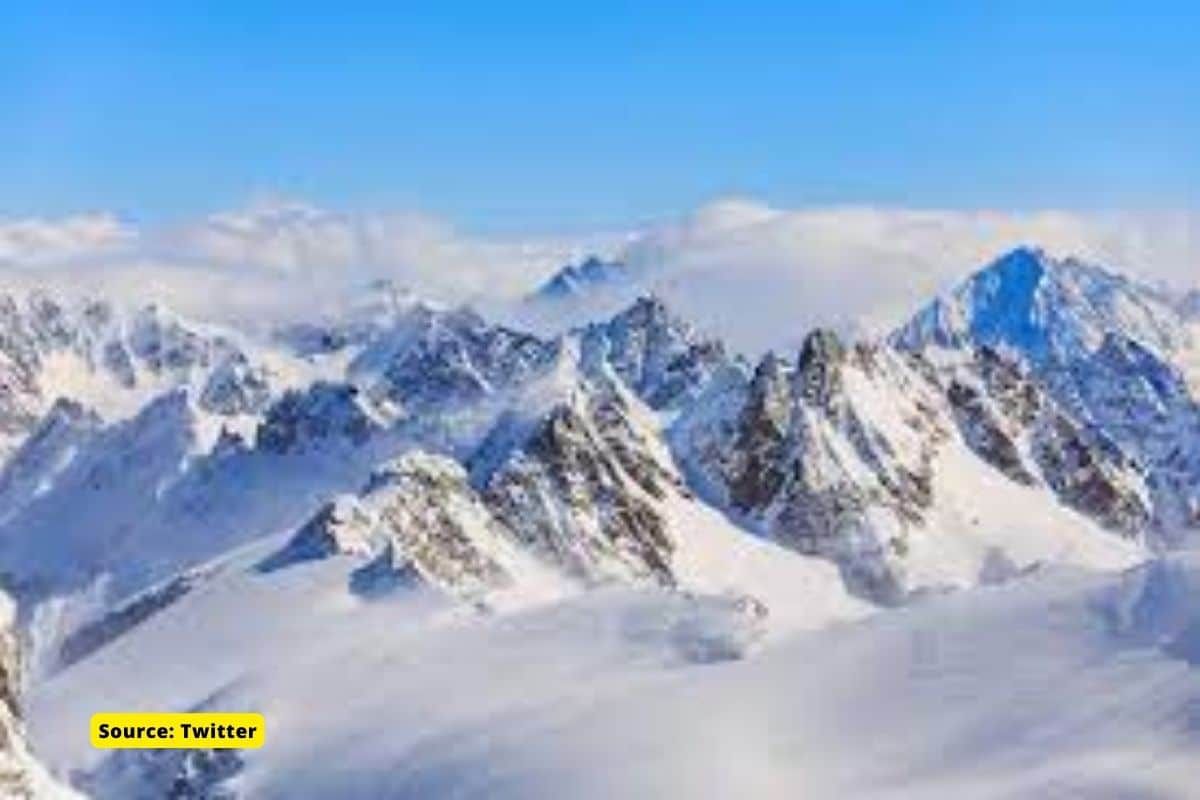Switzerland’s glaciers have lost more than half their volume in less than 100 years, and this year’s long, hot summer has accelerated melting, according to a new study. Glaciers support ski resorts and attract climbers and hikers in summer, but they are also essential to Europe’s water supply. The Alpine communities are now worried about their future.
Scientists have been monitoring the retreat of alpine glaciers for years. A joint study by the Federal Institute of Technology in Zurich and the Swiss Federal Landscape Office compared topographical images of glaciers from the 1930s with those from the last 10 years.
Scientists have been monitoring the retreat of alpine glaciers for years. A joint study by the Federal Institute of Technology in Zurich and the Swiss Federal Landscape Office compared topographical images of glaciers from the 1930s with those from the last 10 years.
The results are consistent with evidence that European glaciers are shrinking and that there is a direct link between ice loss and global warming.
The polar ice caps are especially sensitive to changes in temperature, so if the Earth warms, the glaciers are the first to notice and respond by melting.
In Switzerland, at 3,000 meters above sea level, it is expected to see ice. But above the village of Les Diablerets, where the Glacier 3000 cable car company operates, there are now huge areas of bare rock.
Two glaciers, the Tsanfleuron and the Scex Rouge, have broken away, revealing terrain not seen for thousands of years.
“We will probably be the first to walk through here,” says Bernhard Tschannen, who runs the company, and who now sees one of Switzerland’s main attractions disappear before his eyes.
Tourists visiting the country can see everything from the Eiger to the Matterhorn and Mont Blanc. They could also, until recently, walk miles of pristine blue glacier.
Now the ice is broken by rock, mud and puddles. The change is dramatic. “When we built this chairlift we had to dig seven meters into the ice. This was 23 years ago,” he explains. “Look”, she points several meters away, “where the glacier is now”.
Mauro Fischer, a glaciologist at the University of Bern, is in charge of monitoring the Tsanfleuron and the Scex Rouge. Each year in the spring he installs ice gauge bars and checks them regularly throughout the summer and fall.
The teams combined long-time observations of the glaciers. It includes measurements in the field and aerial and mountaineering photographs, including 22,000 taken from the peaks between the two world wars. By using multiple sources, researchers can trace the deficiency. Over the years only a few glaciers in Switzerland have been studied regularly.
Also involved in research is using decades-old techniques to help compare the size and position of terrain images and the use of cameras and equipment to measure angles to land areas. The teams compared the surface topography of the glaciers at different times, to make calculations about the evolution of the ice volume.
The researchers said that not all Swiss glaciers are losing ice at the same rate. The altitude, the amount of debris on the glaciers, and the flatness of the glacier’s peak, its lowest part, which is most vulnerable to melting, affect the rate of retreat of the entire ice.
According to government figures, hydropower produces about 60 per cent of the country’s electricity, so the findings could have broad implications for Switzerland’s energy sources in the long run.
The researchers also found that the two periods – the 1920s and 1980s – actually had a sporadic increase in glacier mass, but this was influenced by a broader trend of decline. The study is published in the journal The Cryosphere.
- Cost of Development: Almond Farmers losing land in Kashmir
- Electricity Consumption in Crypto Mining
- Electricity from nuclear fusion, How it is different from existing nuclear energy?
- How Modi govt betrayed farmers with Electricity amendment bill 2022?
- ‘Andhera Kaa’yam Rahae’: Electricity Playing Hide and Seek in Kashmir
- Do you know how many people still live without electricity?
You can connect with Ground Report on Facebook, Twitter, Koo App, Instagram, and Whatsapp and Subscribe to our YouTube channel. For suggestions and writeups mail us at GReport2018@gmail.com








